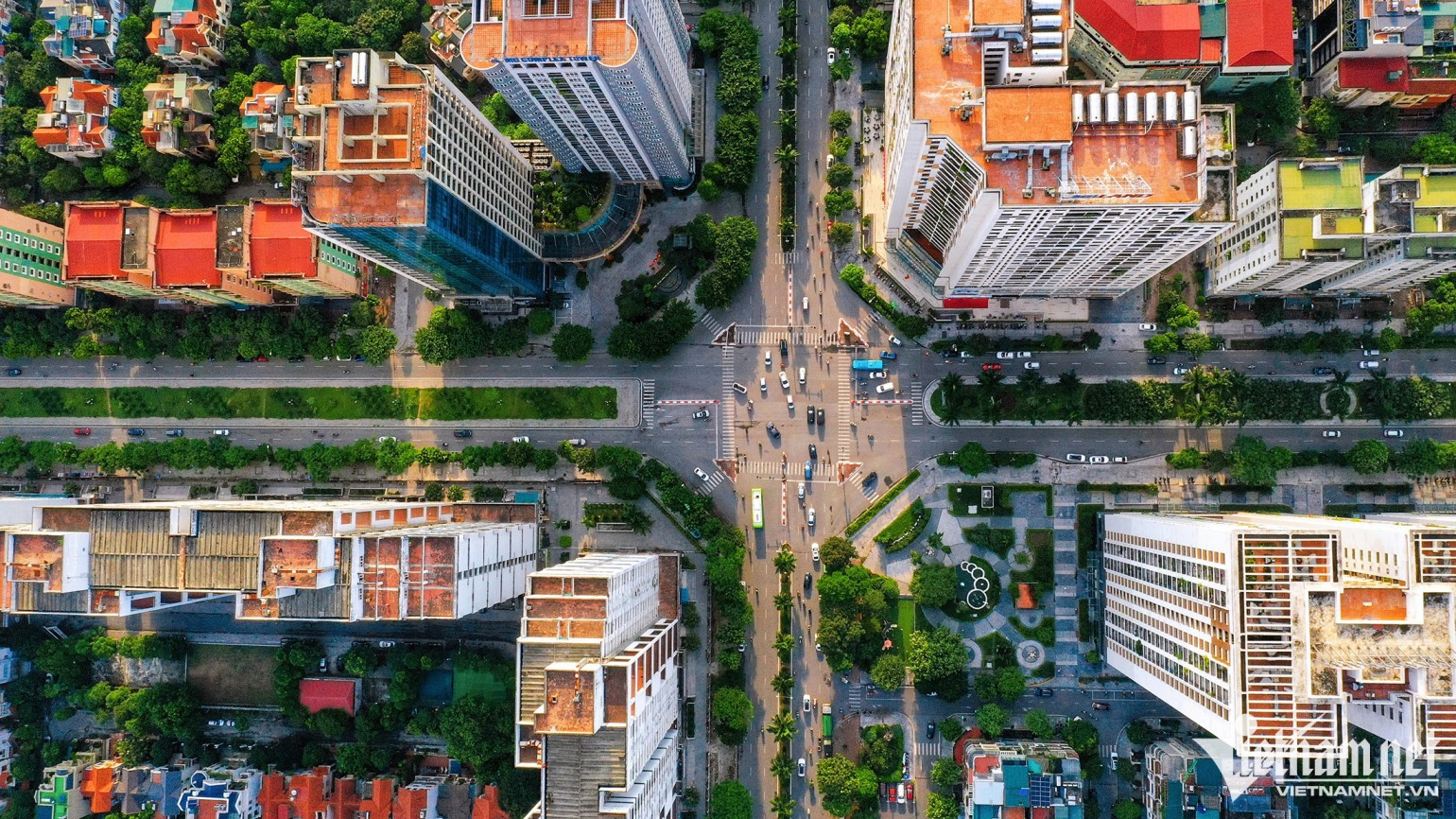
Of this, the outstanding loans to urban area and housing development projects had reached VND180.743 trillion, accounting for 22.8 percent of total outstanding loans to real estate business activities.
Meanwhile, the outstanding loans to fund office-for-lease projects had reached VND41.815 trillion, accounting for 5.3 percent. The figure was VND40.15 trillion for industrial zones (IZ) and export processing zones (EPZ) projects, accounting for 5.1 percent.
Around VND32 trillion was provided to fund ecotourism and resort projects, or 4.1 percent. The figure was VND57.539 trillion for hotel and restaurant projects, or 7.24 percent.
The loans to fund the construction and repair of houses for lease or sale reached VND144.157 trillion, or 18.16 percent, while the loans to fund the purchases of land use right were VND85.199 trillion, or 10.7 percent.
The loans to other real estate business activities were VND211.452 trillion, or 26.6 percent.
MOC affirmed that the number of outstanding loans to the real estate sector are rising.
Regarding foreign investment in the real estate market, the Foreign Investment Agency (FIA) reported that FDI capital into the sector increased by $1.85 billion in 2022, up by 70 percent compared with the year before.
With the total investment capital of $4.45 billion, which accounted for 16.1 percent, real estate ranks second among the business fields attracting foreign investment. The capital was mostly poured into industrial real estate and large projects.
Experts believe that in the current difficult conditions of the real estate market, FDI is a reliable capital source for domestic real estate firms, which will help promote sustainable growth of the market in the long term.
This shows the attractiveness of the real estate market in the eyes of foreign investors amid the fluctuations in the world’s economy. They consider Vietnam, which has a high percentage of people of working age and attractive investment incentives, as a good place for them to do business.
Vietnam is seen as a market with positive growth, suitable for long-term investment thanks to low risks and controlled inflation.
Regarding capital flow to the real estate market, Secretary General of the Vietnam Banking Association (VNBA) Nguyen Quoc Hung said at a recent seminar that after the Tet holiday, the government will convene a meeting with real estate firms to discuss solutions to existing problems. Meanwhile, SBV Governor will meet bankers to assess the current situation and find solutions before meeting enterprises.
Prior to that, at a press conference on implementing tasks of the banking sector in 2023, SBV Deputy Governor Dao Minh Tu said there would be seminars to discuss measures to thaw the real estate market.
Luong Bang